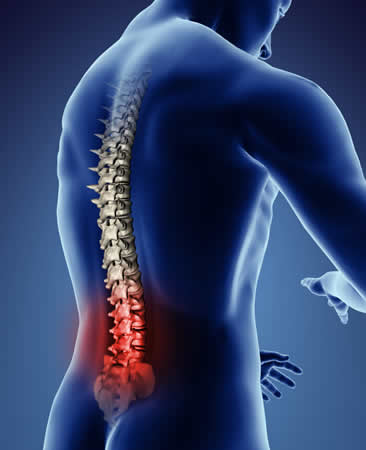Lower back pain (LBP) is incredibly common. It is estimated that 80 percent of the population will experience an episode of LBP in their lifetime. A study conducted by the University of Sydney concluded that LBP is the most common work related injury here in Australia. This can have a hefty impact on the loss of personal income and on the public health care system.

Potential Causes of LBP
Back pain can be the result of many different mechanisms; poor office ergonomics, heavy lifting, poor lifting techniques, forceful movement, and prolonged sitting. Sedentary lifestyles and increasing obesity have a direct affect on LBP. It may seem natural to lie down, rest and recover during at episode of back pain, however keeping active is advised for better health outcomes.
LPB does not discriminate, with males and females being affected equally. All ages can experience back pain, although there is an increase of incidence between the ages of 35-60 years. Symptoms can range from a sharp, sudden onset of pain, to an insidious dull ache. An episode can begin abruptly as a consequence of an accident, or even something as simple as lifting a heavy object. Otherwise it can develop slowly, usually as a result of poor posture and ergonomics.
Acute or Chronic?
Most LBP is acute, only lasting a few days to a couple of times a week. This short term pain can resolve itself with no long term impact, loss of function or increase in developing further episodes. Acute LBP is commonly mechanical and is non-specific in nature. This means there is a disruption in how the anatomical structures of the back work and move together, however “non-specific” means that the exact structure cannot be identified.
Sub-acute LBP is pain that lasts between 4-12 weeks, and recovery can be hastened with appropriate therapeutic care, such as physiotherapy. When pain persists for 12 weeks or longer it is defined as chronic back pain. Approximately 20 percent of acute LBP sufferers will develop chronic pain that has persistent symptoms.
If you have any questions or would like to book in to see one of our physiotherapists, please do not hesitate to contact Get Active on 1300 8 9 10 11 or email us at admin@getactivephysio.com.au



